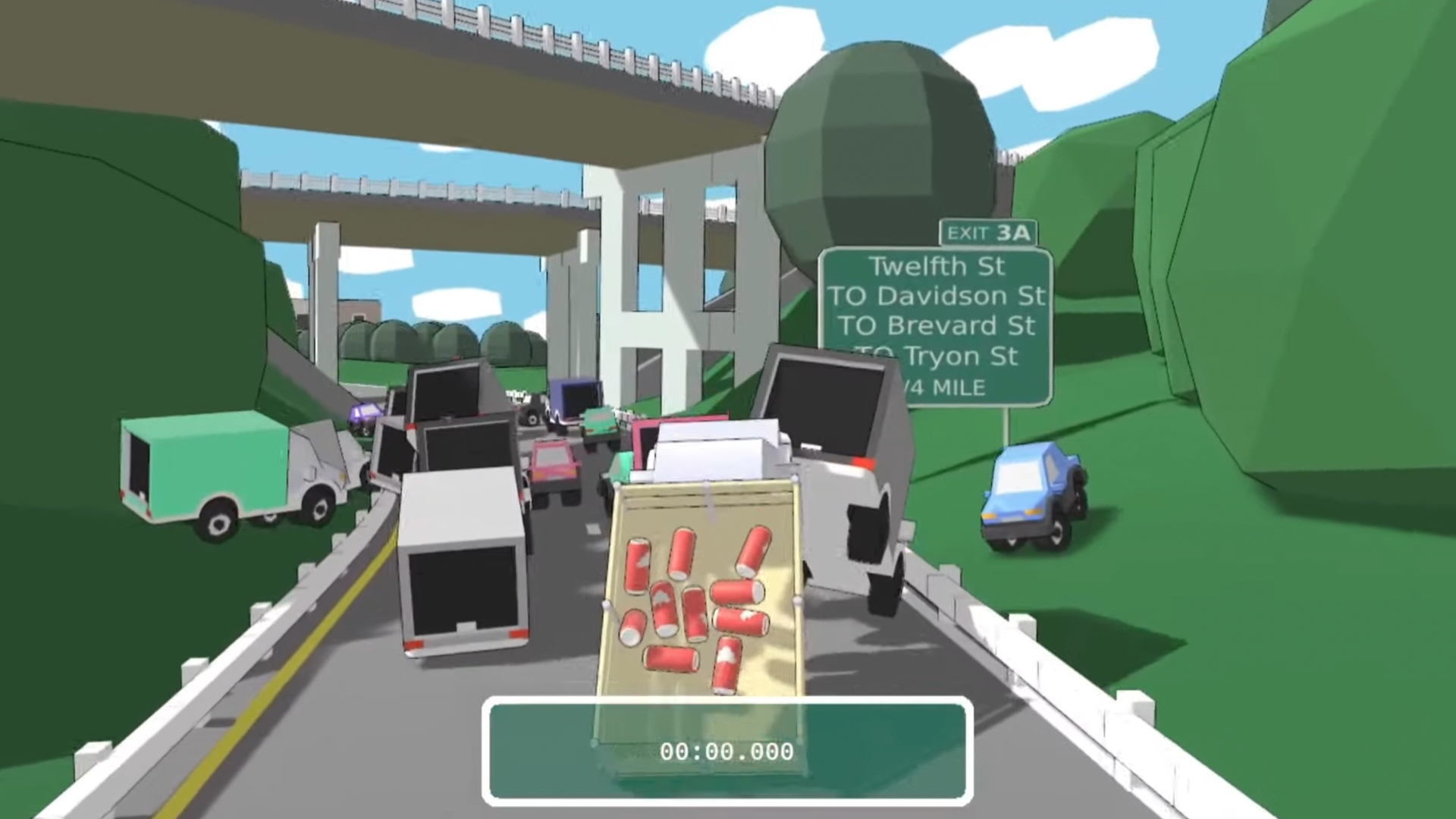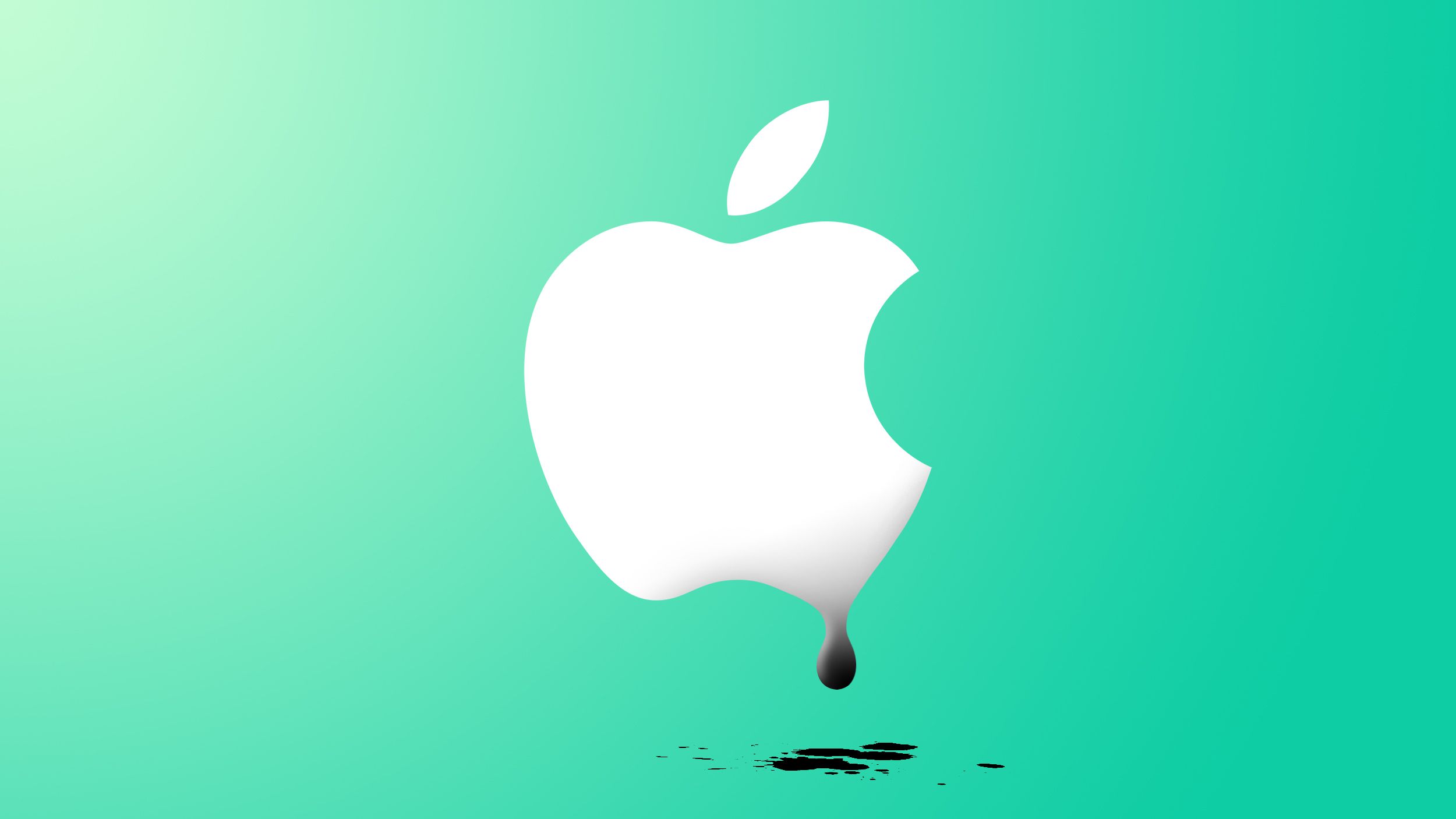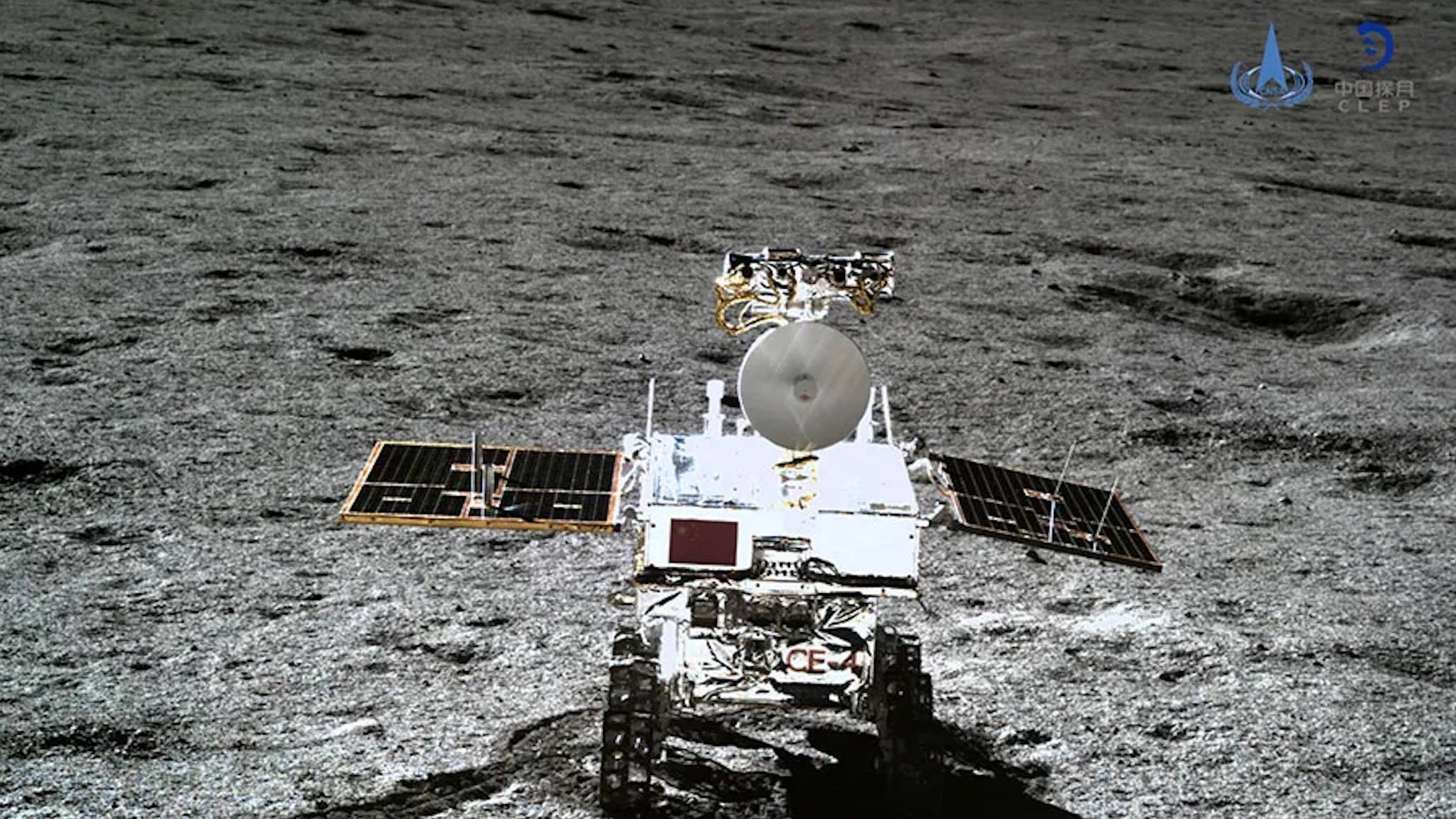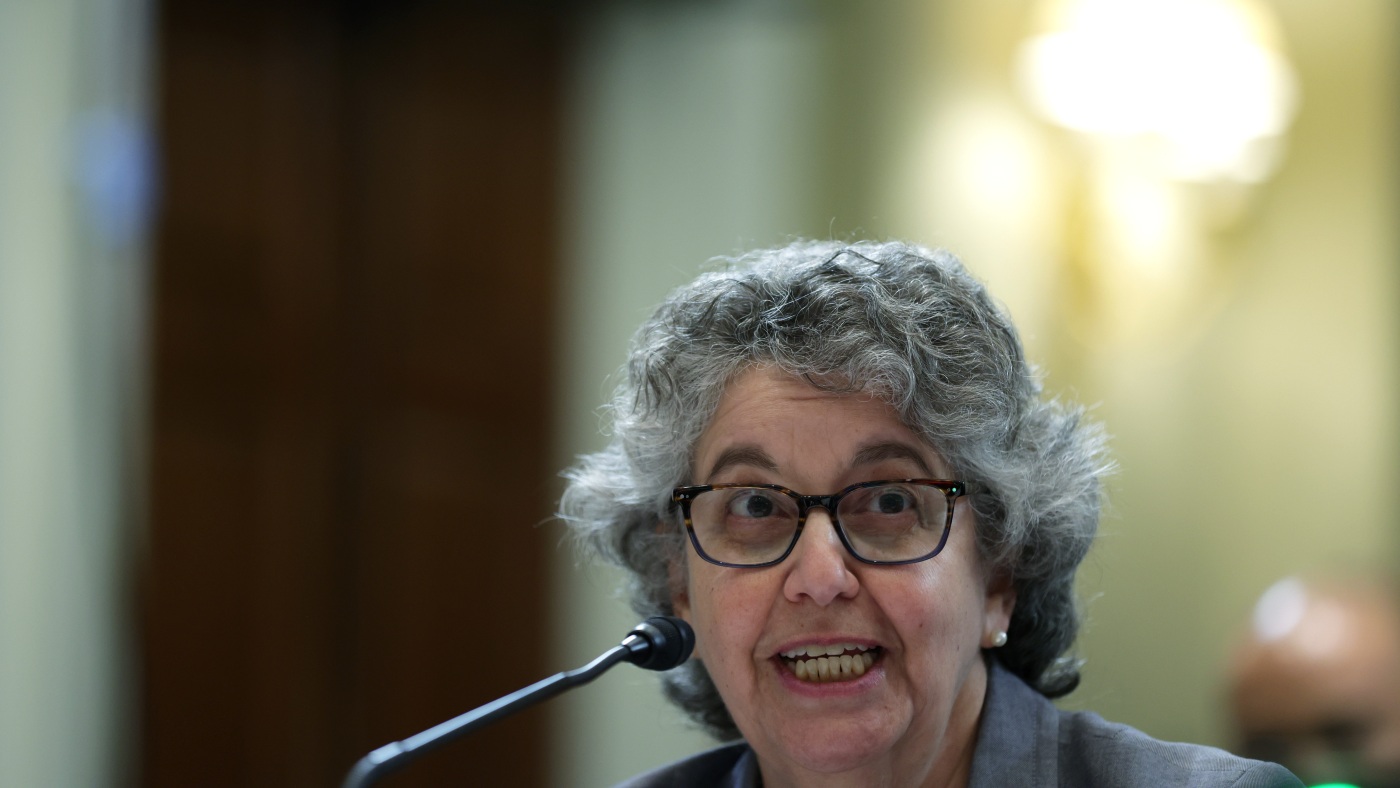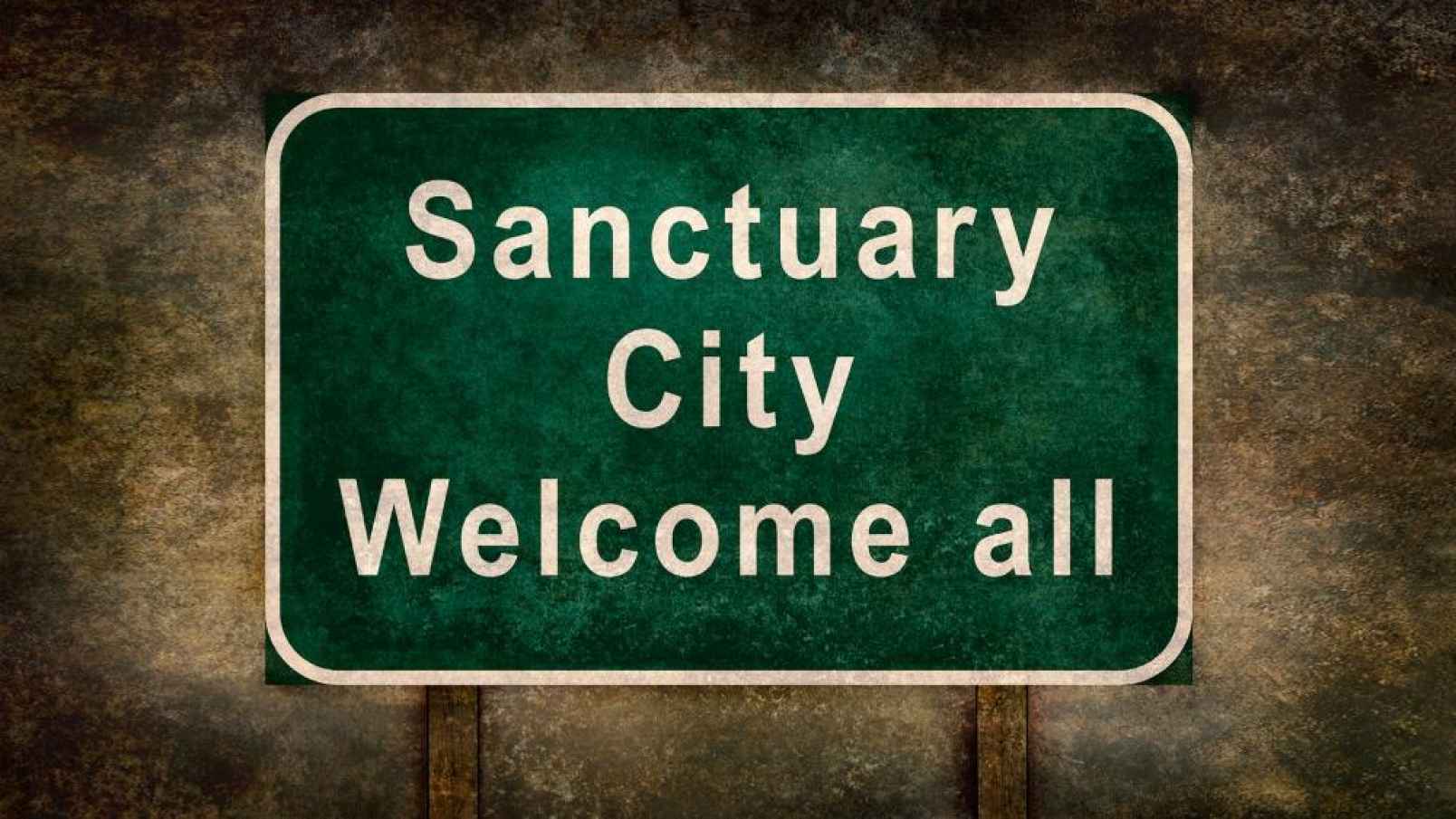Global HIV Care Thrown Into Chaos by Trump: “I Will Be Sick and Maybe Die”
In South Africa, a 36-year-old living with HIV since childhood fears she will lose access to treatment due to Trump’s policy. The post Global HIV Care Thrown Into Chaos by Trump: “I Will Be Sick and Maybe Die” appeared first on The Intercept.

When she saw the news on TikTok and CNN that the United States would halt funding HIV medication, Gwendolyn Dube, a 36-year-old single mother in South Africa who was diagnosed with AIDS as a child, thought to herself, “People are going to die.”
In his first week back in office, President Donald Trump’s administration announced it would exit the World Health Organization and implemented, via an executive order on “Reevaluating and Realigning United States Foreign Aid,” a 90-day pause on the disbursement of all foreign aid.
This included pausing all funding for the President’s Emergency Plan for AIDS Relief.
PEPFAR, according to the State Department, has saved the lives of approximately 20 million people since it was created by George W. Bush in 2003. The $6.5 billion annual program has historically enjoyed wide bipartisan support and the praise of public health professionals and AIDS service organizations. But Republicans in Congress have been targeting it for the last several years, as part of a domestic and international campaign against the health of LGBTQ+ people and people living with HIV.
The ramifications of Trump’s global aid funding ban were swift. Responding to a “stop-work order” issued by the United States to its global partner organizations, Health Policy Watch reported that clinics began to close across the continent of Africa immediately. Despite a waiver from Secretary of State Marco Rubio supposedly excluding “life-saving” aid from the freeze, health and humanitarian groups have remained uncertain if they can proceed. Fearing future funding cuts means they can no longer budget and are instead cutting costs or scrambling to find other means of funding.
The effects are already being felt worldwide. One Beirut, Lebanon-based nongovernmental organization employee, speaking to The Intercept under the condition of anonymity in order to preserve their job, said their place of work — a well-known U.S. international organization that responds to humanitarian crises — started issuing staff “a termination acknowledgement letter by HR,” making clear they could be laid off soon. What will happen to the people who rely on their care, the employee worries. “Now of course it will be really hard for them.”
Sara Abu Zaki, the executive director of Marsa Sexual Health Center in Beirut, had similar feelings. “Our biggest concern would be any implication on the availability of free antiretroviral therapy as a result of the discontinuation of aid,” she said.
The PEPFAR program is administered by the U.S. Agency for International Development. Rubio announced this week that he is acting administrator of USAID and confirmed the de-facto takeover of the humanitarian agency by the State Department. Under Rubio is another Trump appointee, Pete Marocco, who, as the State Department’s head of foreign assistance, drafted the directive to freeze nearly all foreign aid. Marocco served at USAID during Trump’s first term, during which his attempts to cut funding drove USAID staffers to write a dissent memo that pushed him out.
In January, The Intercept reported on the story of a young man in Gaza living with HIV, whose access to lifesaving antiretroviral medications was threatened by the U.S.-backed Israeli genocide in Gaza and the occupation of Palestine. But while the Gaza ceasefire has brought hope to dozens of Palestinians desperately in need of HIV medication, the Trump executive order means tens of millions of people are now facing that same terror across the globe.
The effect is especially dire in South Africa, home to nearly 8 million people living with HIV, the highest number of any country in the world. It was only compounded when Trump announced that he plans to cut all aid entirely to South Africa over his displeasure regarding a post-apartheid land law.
When Gwendolyn was diagnosed at age 16 in 2004, the unchecked HIV in her body had so severely compromised her immune system that she already had AIDS, she told The Intercept.
By then, the “AIDS cocktail,” a regimen which stopped people with HIV from dying, had been in use in the United States and Europe for years. Access, however, to this lifesaving treatment was unequal. Despite the low cost of manufacturing antiretroviral pills, these drugs remained prohibitively expensive in the Global South due in part to efforts to protect profits by companies like Gilead, which held key patents.
This led to millions of people being infected with HIV after there were treatments available in Africa, Asia, and South America. AIDS deaths peaked in the United States in 1995, with about 50,000 deaths. But they continued to rise globally, not peaking until 2004 when, according to U.N. AIDS, between 1.6 and 2.7 million people died of AIDS.
“I started treatment in 2004, a month after the diagnosis. The other people I was taking medication with, most of them died,” Gwendolyn told The Intercept. “It’s only one or two persons I started treatment with in 2004 who are still alive.”
In the seven years between the advent of antiretrovirals in the U.S. and when Gwendolyn began treatment at a clinic for children near her home, about 50 kilometers from Johannesburg, approximately 19 million people worldwide contracted HIV and 9 million died.
“I have been taking treatment since 2004, until today, so this is my 20th year. In October, I will be turning 21,” she said, referring to her years on antiretrovirals as a birthday. “There have been a lot of challenges, taking the medication every day because it also causes” different side effects.
“I’ve been sick, now and then, going to doctors, being admitted now and then. Being sick with different things.”
Research has shown that people living with HIV are up to three times more likely to have an ischemic stroke, and this has affected Gwendolyn: “I have stroked three times, in 2011 and twice last year. So, it’s so bad. And now, there is a lot of unemployment in South Africa.”
When she turned 18, she began going to a clinic for adults. Initially, she was on medication which had to be taken multiple times a day. But for years now, “I am just taking one pill per night, and getting treatment for three months at a time, which means I have to go to the clinic maybe four times per year.”
She last went to the clinic on December 9. When she returns in early March, she has no idea what to expect.
“I don’t know what’s going to happen when I go to my next appointment — if we are still going to get the treatment, or are we going to have to buy? Are we going to have to pay?”
Echoing press accounts of PEPFAR funded-programs shutting down, Gwendolyn has already heard that doctors and nurses at the clinic already lost their jobs.
Running out of medication before an appointment is already a challenge, Gwendolyn said. Treatment at the clinic is free, but a visit to a pharmacy for medication can cost 500 rands per bottle, she said, or about $27.
“A lot of us, we do not have medical aid. Most are unemployed, which means most of the people are going to default and die.”
The median monthly salary in 2022 was R5,417; half of all workers in South Africa earn just $290 a month.
Gwendolyn knows how important it is to take her medication consistently, but she worries after hearing news that free treatment may come to an end.
“It makes me angry, I do not want to lie,” she said. “A lot of us, we do not have medical aid. Most are unemployed, which means most of the people are going to default and die.”
With an unemployment rate of 32.1 percent, the number of South African adults without a job nearly mirrors the number of people living with HIV.
“At the moment, I will not have money to buy treatment for myself because I am a single mother. I don’t have a husband. I have to take care of myself and my child. Make sure food is on the table for us,” said Gwendolyn.
“I am very stressed. I am even having a running stomach today — I have stomach cramps. It’s the shock or the stress,” she said. “I have to live for my child. She is 14, and still going to school. I have to be there for her until she can take care of herself.”
In the January 28 Emergency Humanitarian Waiver to Foreign Assistance Pause, Rubio wrote, “Implementers of existing life-saving humanitarian assistance programs should continue or resume work if they have stopped.”
But what, exactly, constitutes “life-saving”? The State Department wrote that “life-saving humanitarian assistance applies to core life-saving medicine, medical services, food, shelter, and subsistence assistance.” It notes that the “waiver does not apply to activities that involve abortions, family planning, conferences … gender or DEI ideology programs, transgender surgeries, or other non-life saving assistance.”
Some interpret this to mean that HIV medication is covered, but HIV prevention methods, such as distributing condoms, are not. Few organizations engage in only “life-saving” work, as Trump and Rubio would narrowly define it. For instance, as South Africa’s News24 reported, one of the PEPFAR-funded programs already shuttered is the trans health clinic Wits Reproductive Health Institute, which would certainly run afoul of the waiver.
Regardless, when it comes to HIV care in South Africa, “even if the funding were restored in a month or so it wouldn’t be possible just to turn back on the tap,” one HIV scientist and doctor told The Intercept from Durban, South Africa’s third largest city.
“For my generation here it feels like our entire life’s work has just been stolen.”
“I worry that because of the so-called reprieve for HIV drugs, people think the issue is solved,” said the doctor, who withheld their name due to concerns about funding for their organization’s work and potential retaliation against them and their patients. “But the entire financial viability of so many organizations is jeopardized. They are trying to rapidly reorganize to make payroll. And skilled workers are scrambling for jobs.”
“For my generation here it feels like our entire life’s work has just been stolen,” they said.
They admitted that “PEPFAR had its problems for sure, but its long-term commitment had garnered a lot of trust and goodwill for the US around this issue, at least. This announcement and how it’s being executed feels very arbitrary and untrustworthy. The damage to trusted relationships is massive and would be hard to rebuild.”
It is hard to emphasize the role of trust in public health enough. In 2020, during the first full year of the Covid-19 pandemic, many poorer countries had better health outcomes than wealthier countries like the United States because of trust. A key factor was not how rich a country was, but how much of a nation’s health budget went toward prevention. Countries, even very poor ones, where local populations had trusted relationships with public health outreach experts, fared better in that first lethal year than countries with no such relationships. If, say, there’s been a person around your village for years distributing mosquito nets to prevent malaria and giving away condoms to prevent HIV, you might be more willing to heed their advice to wear a mask or hunker down to prevent Covid-19 than if that same message came from a distant health care provider.
Such long-term trust, and its broad benefits beyond HIV, has been built through programs like PEPFAR — and the doctor in South Africa told The Intercept they feared the fallout from the Trump administration’s actions.
“We’ve been working hard to ‘de-verticalize’ HIV care and to focus on patient centered care for special groups who need it — people trying to conceive, people who have comorbidities or co-infections, people who are HIV-negative and seek prevention interventions. Not all of these would necessarily be considered ‘life-saving’” — thus not covered by the reprieves and would likely get many programs banned from receiving funds from USAID. “But they are critical areas of progress towards an AIDS-free generation.”
Adding to the confusion is the broad assault the Trump administration has made on LGBTQ+ science, medicine, employment, health, and identification. Not all people who are living with HIV identify as queer, gay, bisexual, or transgender. But those living with HIV or other medical conditions — or those who will needlessly become HIV-positive in the future — are currently suffering, and could die, because of the Trump administration’s anti-LGBTQ+ policies.
The U.S. State Department has stopped processing passports for anyone who chose “X,” for nonbinary, as their gender, and its page which once advised LGBTQ+ Americans on overseas travel now just refers to “LGB Travelers,” as if trans Americans no longer exist. (This coincides with Trump’s attempt to kick out trans people out of the U.S. Armed Forces, estimated to be the largest employer of out trans people in the country, if not the world.) The Supreme Court is gearing up to hear a case about whether insurers can opt out of covering pre-exposure prophylaxis, a medication which prevents HIV and has played a key role in lowering HIV in the U.S. over the last decade. Meanwhile, scientists who study LGBTQ+ people have found themselves unable to access important data sets, such as the Youth Risk Behavior Surveillance System; various PEPFAR databases for countries around the world have been taken offline.
Not being able to access data on the health of youth in the United States or on HIV rates globally hinders science and treatment of HIV, sexually transmitted infections, certain cancers, and a host of other public health matters. The Centers for Disease Control and Prevention’s new demand that all researchers retract papers submitted to scientific journals that use gender-inclusive language will cause harm and even death in the long run.
The existential dread of this fight is being felt right now, in the stomach of people like Gwendolyn in South Africa, who doesn’t know if she will be able to get her medication next month.
“If I have to default on my treatment, I will be sick and maybe die, like the others, and I don’t want that to happen to me,” she told The Intercept. “I don’t know what to say about this, mate.”
The post Global HIV Care Thrown Into Chaos by Trump: “I Will Be Sick and Maybe Die” appeared first on The Intercept.
























